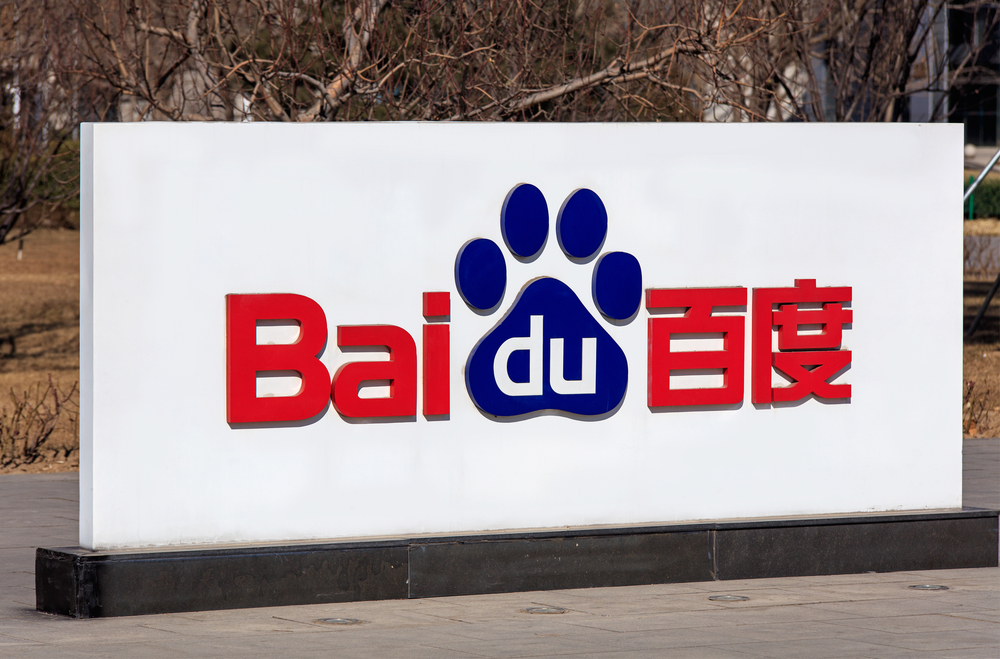With investor excitement cooling toward Chinese technology stocks, search engine operator Baidu edged just slightly higher on its market debut in Hong Kong on Tuesday, while streaming service Bilibili priced its stock sale well below the maximum it had set earlier.
“Market sentiment towards technology stocks is weakening due to steepening interest rates and [an] equities sell off in the mainland that indirectly reduces inflows into Hong Kong,” said Ke Yan, head of research at DZT Research in Singapore.
The tepid welcome for Baidu and Bilibili is of concern to the string of companies waiting to follow their path from New York, where they have their primary listing, to Hong Kong amid tensions between Washington and Beijing.
Baidu shares ended morning trading at HKD 252.60, barely above their issue price of HKD 252. The sale brought in proceeds of USD 3.08 billion. The Hang Seng Index was 1.2% lower Tuesday morning.
Bilibili, meanwhile, is set to raise USD 2.6 billion in Hong Kong after pricing its local offering at HKD 808 a share, according to two people familiar with the situation. The price represents a 2.7% discount to the stock’s last close on the Nasdaq Stock Market but compares with a maximum HKD 988 for retail investors indicated in the company’s sale prospectus.
While some Chinese tech stocks, such as short video service Kuaishou, are still notching up eye-popping Hong Kong debuts, gains are scarcer than before. Of seven debuts of companies raising at least USD 100 million since Feb. 1, two ended down on their first day, one was flat and two others were just nominally higher, according to data service Dealogic.
This compares with average first-day gains of 19% in 2020 and 48% a year earlier among similarly sized offerings.
“Returning to Hong Kong for a second listing is a restart and second venture for Baidu,” said Robin Li, founder, chairman and chief executive, during an online listing ceremony on Tuesday.
“As a company that has always believed in and loves technology from day one, we are more willing to invest for the long-term and for the future,” he said, highlighting plans for further spending on artificial intelligence.
Baidu attracted applications from retail investors equal to 112 times the shares on offer, while institutional investors offered to purchase 10 times their allotment, according to a stock exchange filing on Monday.
Bilibili’s offering, meanwhile, had already attracted retail orders for more than 60 times the shares on offer as of late Monday, while the institutional offering was also several times subscribed, according to the people familiar with the deal. Bilibili counts Alibaba Group Holding and Sony among its backers. The shares are due to debut on March 29.
Baidu shares have dropped nearly a fifth from their February peak on the Nasdaq while Bilibili has ceded almost a quarter of its value. The MSCI China Tech 100 Index, which tracks the largest Chinese tech stocks globally, has slumped 21% from a February high.
New York-traded Chinese companies working on listings in Hong Kong include Tencent Music Entertainment Group, Twitter-like service Weibo and e-commerce company Vipshop Holdings, according to people familiar with the transactions.
Such so-called homecoming listings, which began with Alibaba in 2019, are picking up momentum as US authorities, including the Treasury, Defense and Commerce departments and the Federal Communications Commission, have blacklisted Chinese companies. Under a law passed last year, Chinese companies face expulsion from American exchanges unless US regulators are permitted to review their audit records. Beijing forbids such reviews, citing national security.
The FCC this month designated five Chinese companies, including Huawei Technologies and Hangzhou Hikvision Digital Technology, as posing a threat to national security under a 2019 law aimed at protecting U.S. communications networks.
That move came just days after CNOOC, the largest Chinese offshore oil producer, was expelled from the New York Stock Exchange to comply with an executive order issued last November by then-President Donald Trump. The order restricted US investment in companies found to have ties to the Chinese military.
China Mobile, China Telecom, and China Unicom (Hong Kong) were removed from New York trading in January. All four companies have sought a review of their removal.
While most blacklisted Chinese companies are state-owned enterprises, Baidu has looked vulnerable since phone maker Xiaomi was put on the military-linked list in January. Officials disclosed last month that the designation related to a state award given to Xiaomi’s founder and the company’s ambitious investment plans in artificial intelligence and 5G technology.
Xiaomi, however, won a court order this month freezing its designation, with a US judge ruling that the move had not been well justified.
This article first appeared on Nikkei Asia. It’s republished here as part of 36Kr’s ongoing partnership with Nikkei.
